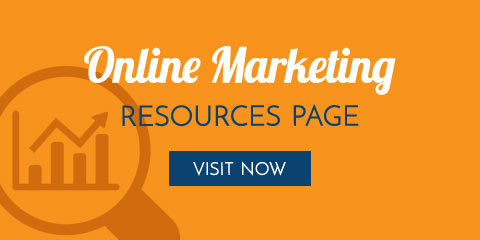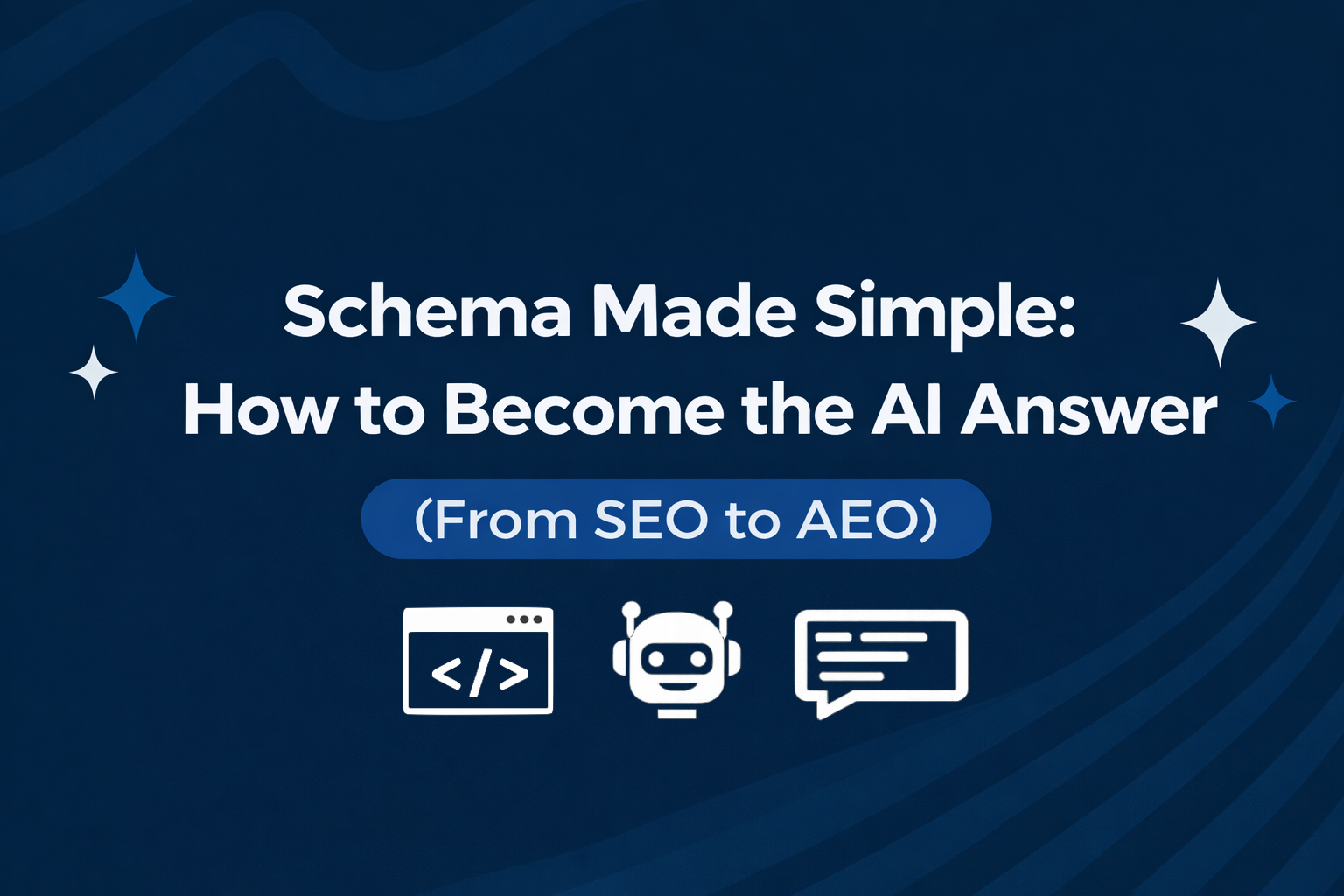Businesses that generate the most leads aren’t necessarily the most successful businesses. Quality leads are more critical than quantity. Approximately 90% of marketing expenses can be wasted when companies focus on numbers of leads versus quality of leads. Industries that direct their acumen and efforts toward generating more qualified leads, discover higher conversion rates while saving money and time. Marketing programs must entail in depth knowledge of who a qualified lead is, and have a comprehensive process in place for handling, nurturing, and converting leads into long-term, lucrative clients. Read further to find some of the successful methods, developed by top marketing agencies, that will help your business generate more qualified leads.
Inbound versus Outbound Marketing
Traditional marketing, or outbound, reaches thousands of people via commercials on television and radio, advertisements in newspapers or magazines, online banners, email lists, and cold-calling. The quantity of people reached will effectively reach some that are interested, but the majority of prospects will be indifferent, or worse, annoyed. Inbound marketing focuses on customers that are already interested in the product or service. Marketing efforts concentrate on quality content that is relevant which attracts customers and motivates them to learn more. The customer’s interest is already aligned with the business offerings which makes it more likely that they will be drawn to what is offered. Outbound marketing does work, but following up on less qualified leads is expensive.
Outbound leads cost a business, approximately 61% more, than inbound leads.
Offer and Call-to-Action
Only a small number of visitors to a web page are prepared to take action immediately and pick up the phone, or fill out a form. The majority is simply researching or fact-finding. Websites that actually help consumers with their research through valuable content, place the business in an educational, expert category. Content that includes buying guides, infographics, case studies, or handbooks provide specific information to consumers that are essential when making informed buying decisions. Content can ignite consumer’ interest and prompt them to call, request a quote, subscribe to a newsletter, or follow links to social media sites.
Landing Pages
Landing pages have a form and are solely designed to acquire a visitor’s information. Many websites use their “contact us” page as their sole landing page. Research shows that websites with multiple, unique landing pages produce more leads. These sites offer comprehensive, relevant content that interest more visitors and increase the conversion rate. Landing pages that request a great deal of information on their form, decrease the number of responses. Professionals recommend that the information requested from visitors be limited to the bare minimum needed for follow-up.
Follow-up
A distinctive, personal Thank You response should be sent out to the visitor as soon as a landing page form has been filled out. The sheet should make the content easily available to the prospect, and also suggest options for additional information accessible on the website.
Social Media
Social media gives business exposure, increases credibility, and builds relationships. Visitors are able to share links inside their own networks, which can give rise to a sizable number of inbound links to a website. Integrating social media components into the website design helps it to rank higher in search engines and indicates to potential customers that the business is personable.




.png)
